Centipedes freak me out. They belong in the deep woods or a David Lynch Eraserhead fantasy sequence. Can’t tell the difference between the head and the tail, all those freakin’ squiggly legs… They are a nightmare, and that was before I even watched The Human Centipede.
Writing is storytelling. This goes for a three-line haiku or a 1,000 page novel. Somewhere in between is the 100 page screenplay. Structure is critical to screenplays because you’re dealing, by necessity, with a finite number of pages. A novel can be 350 pages, or it can be 700 pages. A screenplay doesn’t have that flexibility. Dealing with the rough measure of one page = one minute, it doesn’t take a math whiz to see that you have somewhere between 90 and 120 pages to finish your script. Why?
Before you bring up the 450 minute Satantango, I know there are exceptions, but… Seen many four hour movies lately? How about three hour epics? Sure, you could name quite a few that go past the second hour, but generally movies are between 90 and 120 minutes. At a page a minute, that means scripts need to be between 90 and 120 pages. Genre enters into this: A comedy is often shorter, ideally 90-100 pages. Dramas can go the 120 pages, but would be more appealing at the 100-110 range. This necessity dictates the growth industry of screenplay structural systems.
Now, there are systems…
And there are systems…
And still more systems…
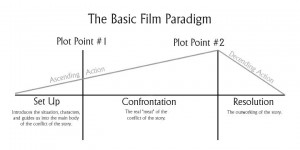 Because, surprise! There’s money in this. Barely 4,000 writers in the WGA, yet how many folks are writing a screenplay? A lot. And these folks, you folks, buy books. Not to say that every screenwriting beat sheet or system is garbage…
Because, surprise! There’s money in this. Barely 4,000 writers in the WGA, yet how many folks are writing a screenplay? A lot. And these folks, you folks, buy books. Not to say that every screenwriting beat sheet or system is garbage…
I was brought up on the Syd Field system and still use it to this day. To a degree. What’s that mean? It means I’m concerned about the structural needs, but not at the expense of the storytelling process. I refuse to be so freaked out by hitting structural points that I lose sight of what’s important– the story.
Centipede chugs along. You’re amazed. You ask him how he moves those 101 legs in unison. He stops…to think about it.
This is exactly what I think you should never do. Don’t over-analyze. And don’t mythicise the makers of story telling systems. One look to IMDB for their credits and you’ll see the Wizard behind the curtain. There are creators, and there are people who talk about creating.
Not to say there isn’t a need for teaching, but let’s find a context. Dissecting story by means of structural analysis is a necessary evil, but if you’re sweating where you Plot Point 1 is, or that it comes 5 pages too late…you’re defeating your own purpose.
Try to hit your structural marks, but don’t lose sight of the prize. The story.
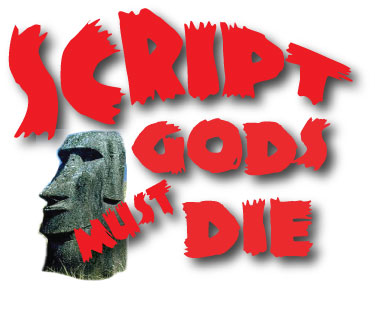

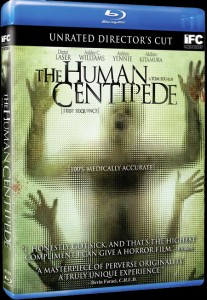
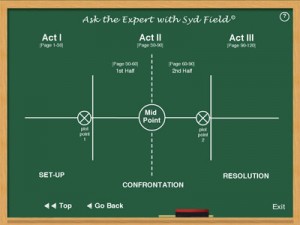
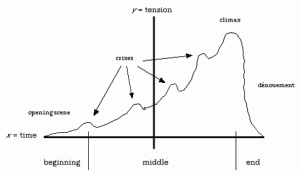
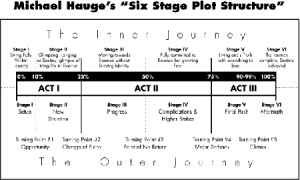
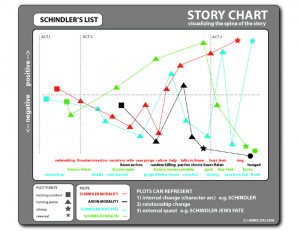
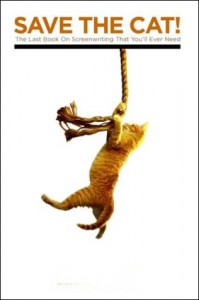


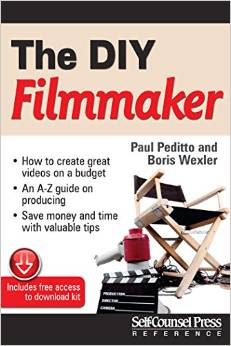
Was just talking to an assistant camera guy that just got off of “Human Centipede 3”. God help us.
Frightening, indeed! I’m sure the makers of that (now) tentpole are concerned about their legacy
as they swim laps in their Beverly Hills kidney-shaped pool.